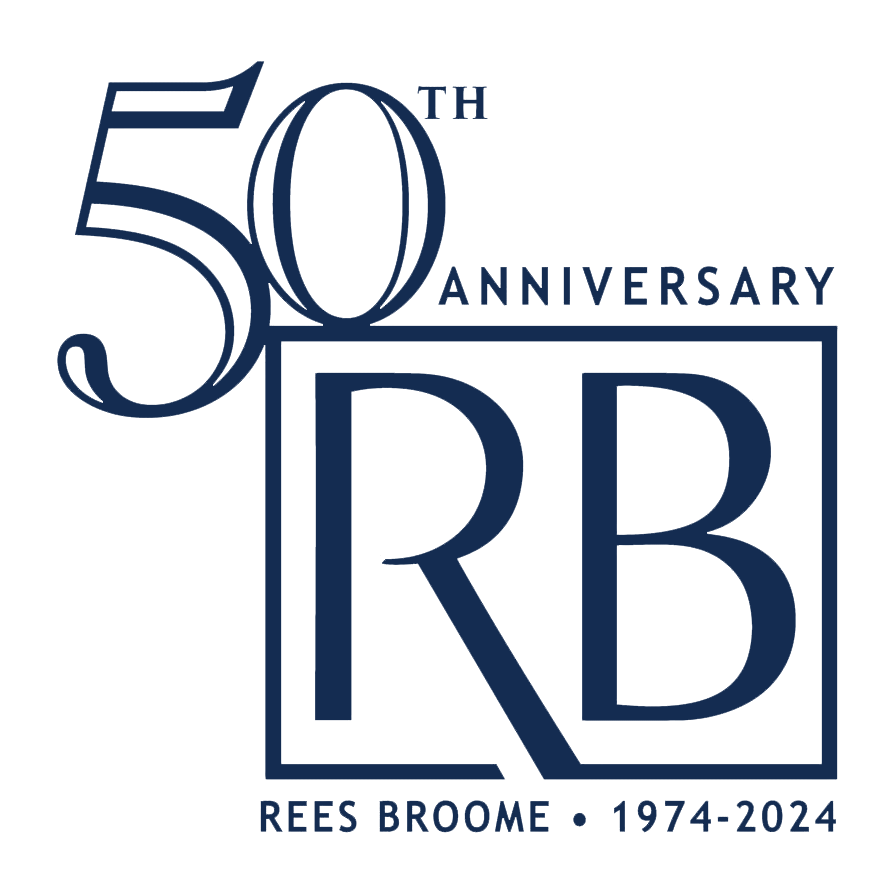We’ve Got Our Eye on You:Surveillance Cameras in Your Association
By Kathleen N. Machado and Winta Mengisteab
Surveillance cameras are everywhere! As evidenced by social media, which is replete with both funny and scary footage captured on home surveillance cameras, these devices have become more affordable and convenient. With the prevalence of surveillance cameras, many issues can arise for community associations. This article will briefly highlight some of the issues that most community associations must consider when dealing with surveillance cameras in the common areas/elements or private property.
When considering whether to install a surveillance system in the common areas/elements, the association should review its obligation and authority to do so. The cost for such installation may be deemed an improvement that requires membership approval. Additionally, the association may be expanding its duties to the membership and creating a precedent for providing security. The installation of surveillance equipment may lead owners/ residents/guests to believe that the association is ensuring their safety or property. Therefore, each association should adopt a policy and notify the community of the purposes of the cameras, how/if the cameras will be live monitored/reviewed, and the Board’s right to remove the cameras.
Another threshold question that attorneys are often asked is, are video cameras which record common areas like hallways, lobbies, elevators, and recreational facilities, as well as front entryways to homes lawful or do these devices and related recordings infringe upon someone’s privacy interests? Generally, surveillance cameras may be installed in an area within the Association’s control to obtain video only recordings, provided that the area being recorded is one where there is no expectation of privacy. Specific issues of privacy and resident notification should be discussed with your attorney based on the specifics of the area you intend to record. Please note that this article does not address audio recordings because the wiretapping laws of each jurisdiction vary greatly; if your community is considering audio surveillance, please contact the association’s attorney for further guidance.
If an association does elect to surveil certain common areas, we strongly recommend adopting and implementing a policy on the retention and destruction of the related recordings, especially since the data can be expensive to store and many web-based systems automatically delete the data that is not retrieved and saved. Such policies should also address who can access the data, how the data can be requested, and who can make such requests.
When it comes to whether and how homeowners may install and use a surveillance system for the exterior of their homes, it depends upon the recorded covenants and rules of their association, and the device itself. For example, many associations have limitations and prohibitions on “exterior alterations”, particularly in the case of a condominium association where there may be strict prohibitions on an owner’s ability to install anything on the exterior of the entrance door to the unit or the adjacent wall because such components may not be part of the unit pursuant to the condominium instruments. Nevertheless, the market is saturated with security devices that are not invasive to install and have minimal visual impact. So, to get in front of these issues, many associations have established pre-approved styles, sizes, colors, and locations for security camera devices that homeowners can install. For example, some associations have opted to approve only wireless devices secured to an owner’s door or doorbell, as these systems may avoid the need to tie into any electrical systems or penetrate walls. Association rules should also require owners to confirm that their cameras are directed only towards their private property or public areas, and that owners are solely responsible for ensuring the lawful use of their devices and any related recordings.
Ultimately, security devices are in high demand and, with the right policies in place, have proven to be beneficial in the community association context. When considering surveillance systems in your community, please reach out to our office for assistance in drafting or revising surveillance camera policies.
